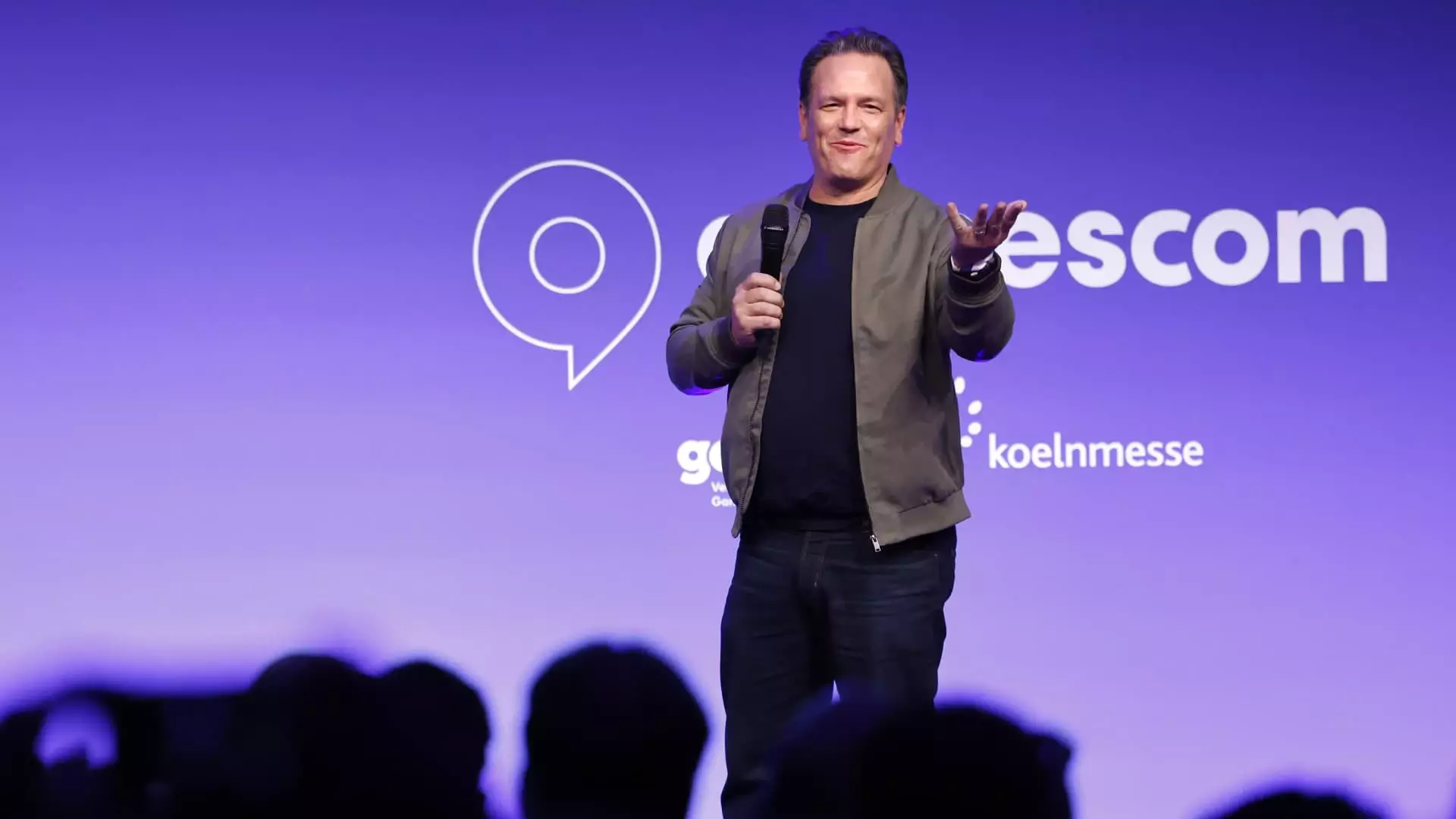In a significant step forward for the gaming industry, Microsoft announced on Thursday that starting November, Android users will be able to buy and play video games directly via the Xbox app. This development is a direct response to a recent U.S. court ruling that has implications for app distribution on Android devices, particularly regarding Google’s monopoly on its Play Store. With the backdrop of a legal victory for Epic Games over Google, the tech landscape is clearly shifting, encouraging competitors to rethink their mobile strategies.
The court ruling, which mandates Google to offer alternatives to its Play Store, opens up new avenues for companies like Microsoft. Sarah Bond, president of the Xbox gaming division, stated that this ruling paves the way for greater choice and flexibility within the mobile gaming market. By allowing users to purchase games directly from the Xbox app without the need to share revenue with Google, Microsoft is positioning itself to be more competitive in an increasingly crowded marketplace. Critics of Google’s longstanding control over app distribution will likely view Microsoft’s move as a pivotal moment that could inspire further changes across the industry.
For gamers, this update is particularly significant, as they will no longer be bound by the in-app purchase system typically enforced by Google. Currently, those interested in Xbox titles can only access a limited selection on Android devices. This new initiative not only broadens the potential game library available but also places Microsoft in a stronger financial position by circumventing Google’s revenue-sharing requirements. However, specifics regarding third-party game availability remain vague—names like Electronic Arts and Take-Two Interactive were notably absent from the announcement, leaving many questions about the scope of Microsoft’s mobile offerings.
With the gaming industry continuing to evolve, Microsoft recognizes that mobile accessibility is crucial for its long-term relevance and growth. CEO Phil Spencer has made clear that expanding the Xbox brand into mobile gaming is fundamental to reaching a wider audience, particularly after the high-profile acquisition of Activision Blizzard. Despite previous legal challenges and a slow start in mobile, Microsoft appears ready to capitalize on the burgeoning mobile gaming sector, blending console-quality experiences with the convenience of mobile platforms.
Notably, Bond did not mention any plans for a similar strategy on Apple’s iOS devices, which leaves the door open for potential future conflicts. The U.S. Justice Department’s ongoing antitrust scrutiny of Apple may play a role in shaping how companies navigate app distribution on that platform. Currently, Game Pass Ultimate subscribers have access to cloud streaming games through browsers on iOS, indicating that while progress is being made, there remain challenges in fully integrating Xbox’s gaming offerings across all mobile platforms.
Microsoft’s recent announcement is not just a corporate maneuver; it represents a fundamental change in the mobile gaming landscape, ushering in a new era of competition and opportunity. As mobile gaming continues to gain prominence, this bold strategy signals that the appetite for innovative gaming experiences on all devices is only going to grow. With legal battles reshaping the framework of app stores, companies like Microsoft and Epic Games are poised to redefine the rules, much to the benefit of consumers and the gaming ecosystem as a whole.


Leave a Reply